Instructions for implementing post-inspection work on food safety in Vietnam 2023
What are the instructions for implementing post-inspection work on food safety in Vietnam 2023?
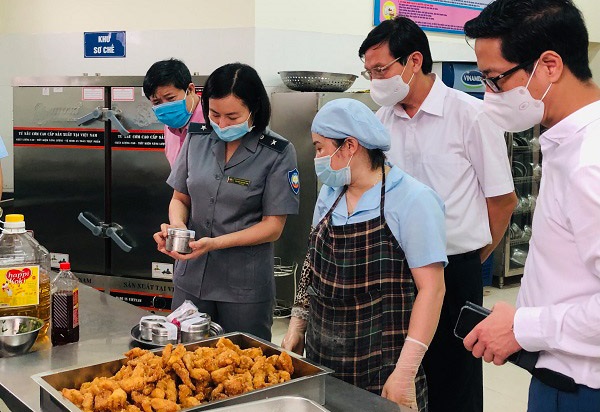
Instructions for implementing post-inspection work on food safety in Vietnam 2023 (Internet image)
Instructions for implementing post-inspection work on food safety in Vietnam 2023
The Ministry of Industry and Trade issued Official Dispatch 6082/BCT-KHCN implementing post-inspection work on food safety in 2023.
Pursuant to Plan 1766/KH-BCĐTATTP of the Central Interdisciplinary Steering Committee on Food Safety to implement post-inspection work on food safety in 2023, the Ministry of Industry and Trade requested the Departments of Industry and Trade of centrally-run provinces and cities and the Food Safety Management Board: Ho Chi Minh City, Da Nang, and Bac Ninh to strengthen post-inspection work on the occasion of the Mid-Autumn Festival.
Content of inspection according to Section II. B Plan 1766/KH-BCĐTATTP includes: Post-inspection to ensure food quality; post-inspection for food production; business, import, and advertising establishments.
|
Key content of post-inspection activities on food safety (according to Section II. B Plan 1766/KH-BCĐTATTP) 1. Post-inspection ensures food quality a) Focus on controlling food quality at all stages: origin of raw materials, transportation, preservation, production, and processing processes; imported and circulated on the market; the use of food additives, processing aids, flavors, and colors in food processing; banned substances in livestock; the use of antibiotics, pesticide residues, veterinary drugs, fertilizers, animal feed, and small-scale livestock and poultry slaughter activities; continue to control the use of salbutamol in livestock production; Control food that is counterfeit, of unknown origin, expired, or smuggled; Control multi-level business and e-commerce activities for food, focusing on health protection food groups, supplementary foods, and foods fortified with micronutrients; Control groups of health protection food products that are at risk of mixing banned substances used in the production and trading of health protection foods (product group: supporting people with hypertension, diabetes, bone and joint pain, blood fat, erectile dysfunction, weight gain, weight loss...). b) Increase sampling and testing of food products. Especially health protection food products, a group of products that are at risk of mixing banned substances used in the production and trading of health protection foods (supports people with hypertension, diabetes, bone and joint pain, blood fat, erectile dysfunction, weight gain, weight loss, etc.) 2. For food production, business, import, and advertising establishments a) Post-check the regulations on: Product declaration for food products; health protection foods; medical nutritional foods; foods for special diets; formulated nutritional products for children; Mixed food additives with new uses are food additives that are not on the list of additives allowed for use in food or are not intended for use as prescribed by the Ministry of Health. Localities focus on post-checking product self-declaration documents at the dossier-receiving agency. b) Focus on post-inspection: - Post-inspection of product announcement: implementation of regulations on product self-declaration/product declaration registration, product declaration order, test result sheets, and legal records and documents prescribed in Chapter II and Chapter III of Decree 15/2018/ND-CP dated February 2, 2018 of the Government. - Post-inspection of food safety conditions: post-inspection of establishments that are and are not subject to issuance of Certificates of establishments meeting food safety conditions, with a focus on post-inspection for establishments that are not subject to the issuance of a Certificate of establishment meeting food safety conditions specified in Clause 1, Article 12 of Decree 15/2018/ND-CP dated February 2, 2018 of the Government. - Post-inspection for imported foods: post-inspection, sampling for testing in the following priority order: Products exempt from state inspection on imported food safety stipulated in Clause 1, Article 13 of Decree 15/2018/ND-CP dated February 2, 2018, products/shipments apply the reduced inspection method, and products/shipments apply the normal inspection method (for products/product groups in Appendix II, III, and IV of Decree 15/2018/ND-CP dated February 2, 2018 of the Government). - Post-inspection of labeling is carried out according to the provisions of Chapter VII of Decree 15/2018/ND-CP dated February 2, 2018 of the Government. - Post-inspection of advertising: post-inspection of advertising for food groups that must register content before advertising stipulated in Article 26 of Decree 15/2018/ND-CP dated February 2, 2018 of the Government. - Post-inspection of production, sales, and use of food additives is carried out in accordance with the provisions of Chapter X of Decree 15/2018/ND-CP dated February 2, 2018 of the Government. - Post-inspection of food origin traceability is carried out according to the provisions of Chapter XI of Decree 15/2018/ND-CP dated February 2, 2018 of the Government and Circular 25/2019/TT-BYT dated August 30, 2019 of the Minister of Health regulating traceability of food products under the management of the Ministry of Health. - For food service and street food establishments: Post-inspect compliance with general regulations on ensuring food safety and requirements on conditions to ensure food safety; the use of food additives, food processing aids, and food ingredients; Control and ensure food safety at collective kitchens in industrial parks, schools, ready-to-eat meal establishments, tourist areas, festivals, large events, and street food. 3. For food safety management agencies Check the state management responsibilities of local food safety management agencies, focusing on the following contents: Implementation of food safety assurance according to functions and tasks; Issuing and revoking product announcements and products subject to self-declaration/registration of product announcements, certificates of advertising content, and certificates of establishments meeting food safety conditions; information, education, and communication work on food safety; inspection, examination, post-inspection, and handling of violations. 4. Responsibilities for state management of food safety and handling of administrative violations in the field of food safety: - Responsibilities for state management of food safety of ministries and branches are specified in Articles 62, 63, and 64 of the Law on Food Safety and Articles 37, 38, and 39 of Decree 15/2018/ND-CP dated February 2, 2018 of the Government; The state management responsibilities of People's Committees at all levels are specified in Article 65 of the Law on Food Safety and Article 40 of Decree 15/2018/ND-CP dated February 2, 2018 of the Government. - When post-inspection teams detect violations, they must handle them in accordance with the provisions of the law; Competent authorities at the Central and local levels apply additional sanctions and strong and drastic remedial measures such as: suspension of operations of production and business establishments that violate food safety regulations; confiscation of evidence; temporarily stopping circulation; recalling and destroying products that violate food safety; Apply for revocation of issued certificates according to authority. - Through post-inspection work, detect and promptly prevent food safety violations, preventing unsafe food, food of unknown origin, or smuggled food from circulating on the market. |
Duong Chau Thanh
- Key word:
- food safety
- in Vietnam
- Number of deputy directors of departments in Vietnam in accordance with Decree 45/2025/ND-CP
- Cases ineligible for pardon in Vietnam in 2025
- Decree 50/2025 amending Decree 151/2017 on the management of public assets in Vietnam
- Circular 07/2025 amending Circular 02/2022 on the Law on Environmental Protection in Vietnam
- Adjustment to the organizational structure of the Ministry of Health of Vietnam: Certain agencies are no longer listed in the organizational structure
- Vietnam aims to welcome 22-23 million international tourists in Vietnam in 2025
-
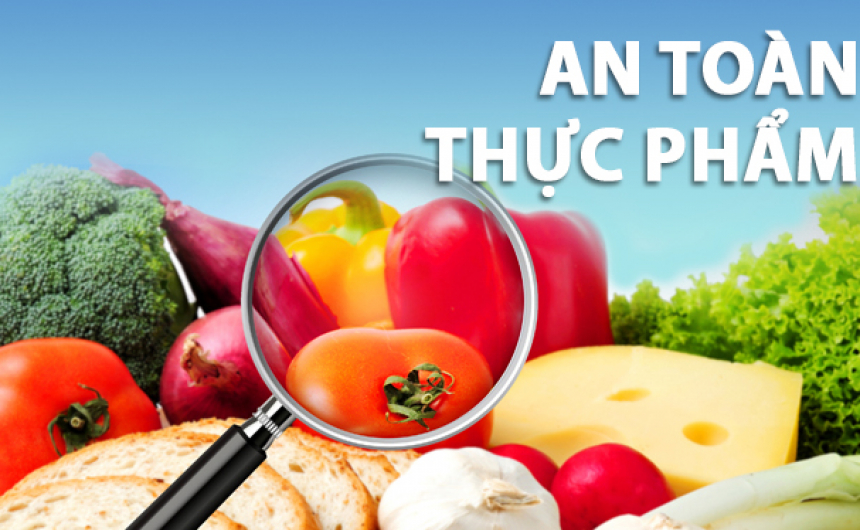
- Decree 15/2018 guiding the Law on Food Safety ...
- 09:30, 14/02/2025
-
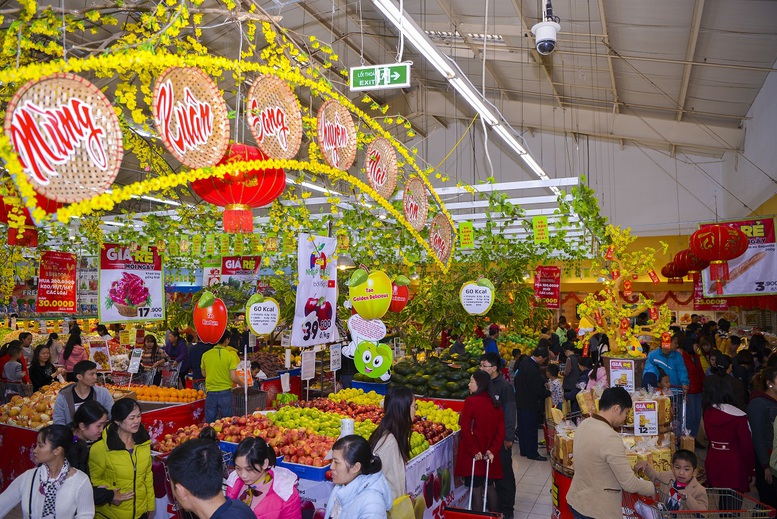
- The Prime Minister of Vietnam requests to ensure ...
- 11:30, 24/01/2025
-
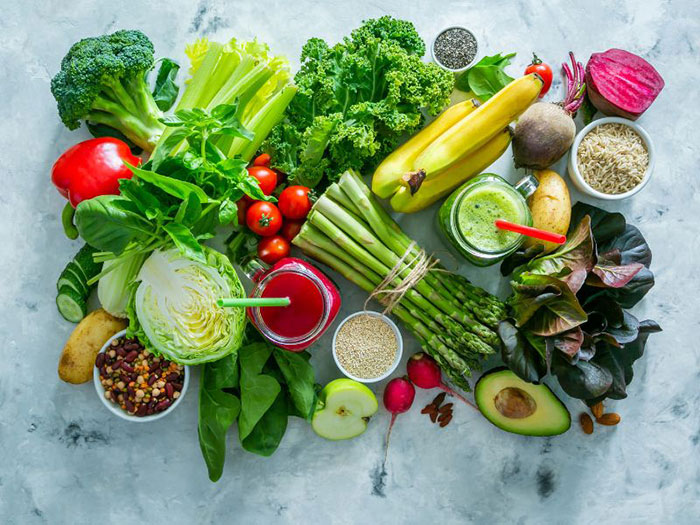
- Procedures for issuing Certificate of food safety ...
- 19:00, 26/12/2024
-

- Guidelines on processing appraisal results, issuance ...
- 09:01, 13/12/2024
-
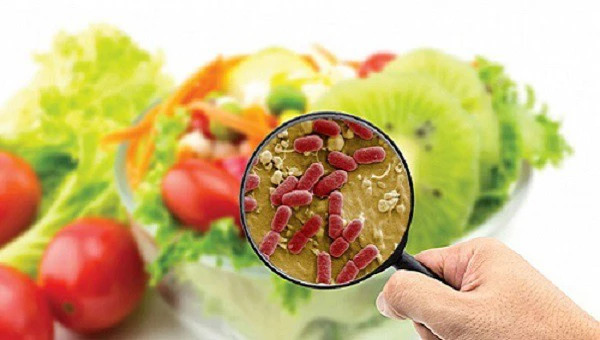
- Several new regulations in the Draft Outline of ...
- 16:46, 07/12/2024
-

- Notable new policies of Vietnam effective as of ...
- 16:26, 11/04/2025
-
.Medium.png)
- Notable documents of Vietnam in the previous week ...
- 16:21, 11/04/2025
-
.Medium.png)
- Notable documents of Vietnam in the previous week ...
- 16:11, 02/04/2025
-
.Medium.png)
- Notable new policies of Vietnam to be effective ...
- 16:04, 02/04/2025
-
.Medium.png)
- Notable new policies of Vietnam effective from ...
- 14:51, 21/03/2025
 Article table of contents
Article table of contents
